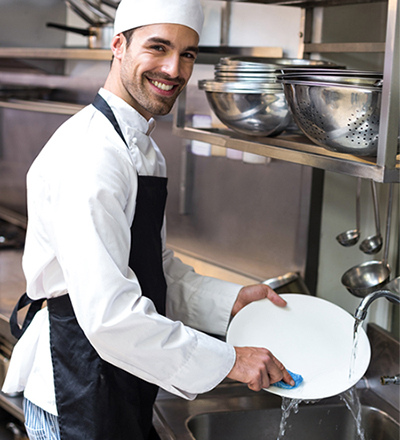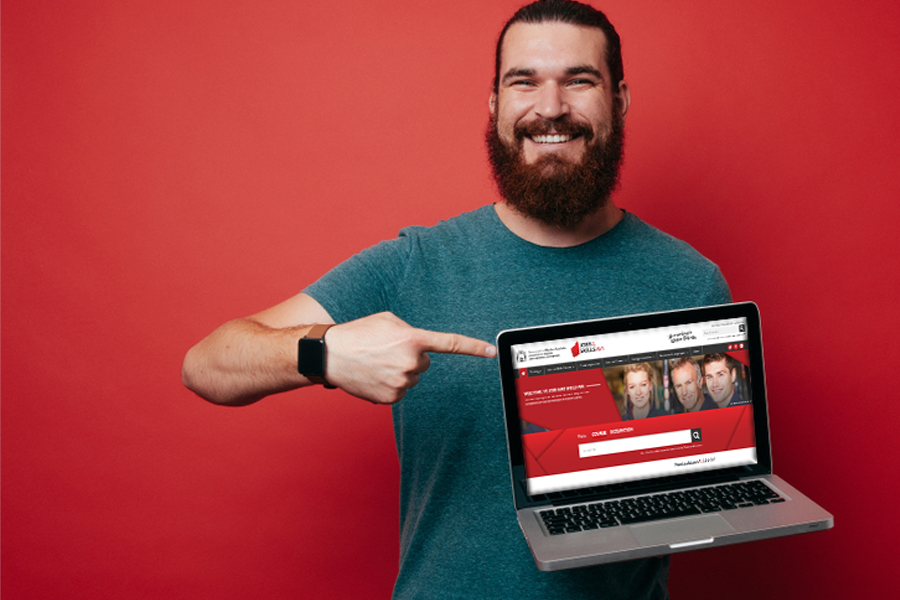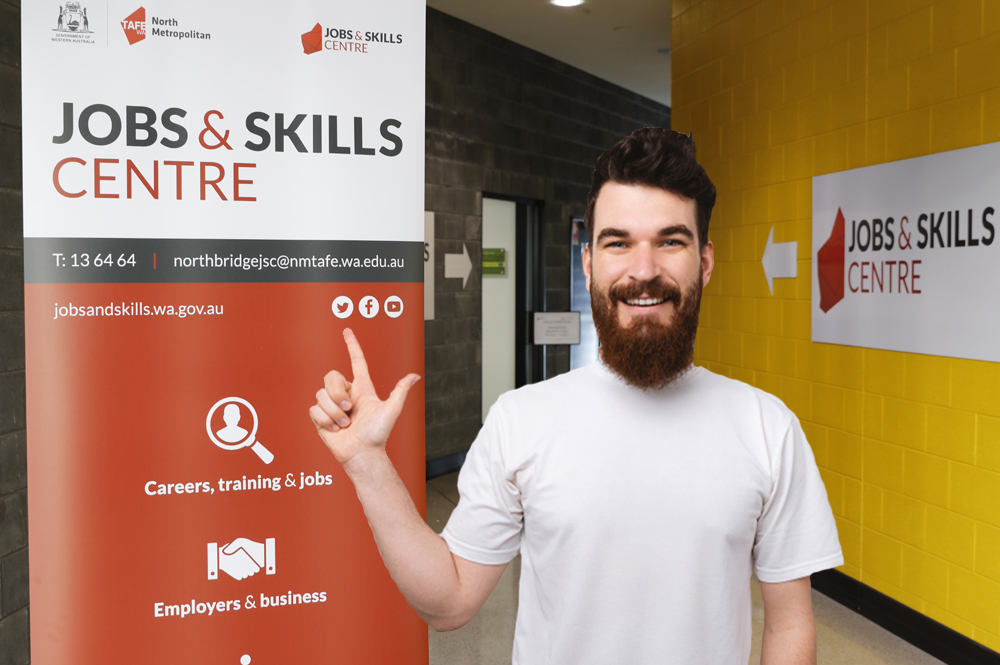Once you have an idea about your skills, interests, values and strengths, what jobs are out there and your own career goals, you might need to improve your current skills or learn some new ones. Skilling up is for all ages and all stages of life!
Maybe you need to skill up because you don’t have a lot of work-related experience yet, or perhaps you want to change direction and move into a different type of work but you'll need to learn a whole new set of skills, or maybe you just need to catch up with the latest in technology. Skilling up might also be needed if you’ve been out of the workforce for a while and your skills are a bit rusty, or if you're finding it hard to get a job without a particular qualification. Knowing you have the skills needed to get that job will really boost your confidence.
Whatever way you do it and for whatever reason, there's lots of ways to skill up!
Skill up through study
In today’s rapidly changing job market, having current skills and qualifications is important and there's a lot of options available if you choose to skill up through study. Whether it's a short course to learn some job-related skills like a new computer program or a new piece of machinery, or a full qualification to get yourself a full set of work-ready skills for a particular occupation or industry, it helps to know how it all works.
There are many ways to skill up through training — not just full formal qualifications such as a Diploma or a degree, but you can also do individual units of competency (discrete parts of a qualification) or skill sets from vocational education and training (VET) qualifications. To find out more about study options, please visit the Training section of this website.
Training pathways
Skilling up through study is a great pathway on to other things – your first job or a change in career, maybe a higher level qualification or getting into university.
There's also pathways into higher level training; for example, completing a pre-apprenticeship can help you get into a full apprenticeship, or completing a Diploma-level course at TAFE mayhelp you get into university.
The training pathway you choose will depend on your current situation, the study and career goals you want to achieve, and the type of qualification you are doing.
Find out more in the Training pathways section of this website

Your local Jobs and Skills Centre can provide you with advice and guidance to help decide whether you need to skill up to move forward.
They can help you choose a study path, and decide on the best course or qualification to help you reach your career goals.
And their services are free!
Marcus skills up
Recognition of prior learning (RPL)
RPL is another option to consider for skilling up through study, and it can help you meet entry requirements or reduce the time it takes you to complete a course or qualification.
RPL is a formal process where a training organisation assesses your work, life experiences and previous study to determine if you already have the skills and knowledge required to be deemed "competent" against the requirements of a vocational education and training (VET) course or qualification.
The RPL process will involve you demonstrating your skills, knowledge and experience through practical tasks and sometimes written assessments.

As an example of how RPL can work; you might want to do a commercial cookery qualification, but you have three years of experience working part time as a kitchen hand in a busy city restaurant.
The skills and experience you've gained as a kitchen hand could be assessed to see if they meet the requirements of the commercial cookery qualification, and if so — you may not have to complete all of the units in the course.
If you think RPL might be something you could be eligible for, check the information in the Training pathways section of this website.
Skill up through related work
To help you skill up and move forward with your career goals, you might need to take a job doing something in a related area. It might not be exactly the work you want to do in the future, but it can be a very effective way of skilling up.
For example; work experience as a labourer's assistant on a building site could help you get an apprenticeship in building and construction. Or working at the weekend markets could help you get into that retail job you want. Remember that every experience on the job is a learning opportunity.
Use the buttons to move through this next slideshow to see some examples of how doing related work can get you to where you want to go.
Skill up through volunteering
Volunteering is also a type of work experience that can help you build valuable skills and experience. It involves giving your time to a group, organisation or individual to help them – usually without pay. People most often volunteer for not for profit organisations or community groups like the RSPCA, hospitals or aged care homes, the local firefighters or an environmental group. It could even be something as small and close to home as a local sports club, school or toy library. Volunteers can also work overseas in roles such as assisting medical services, conservation causes or education projects.
Why volunteer?
People volunteer for all kinds of reasons, such as:
- to do something for someone else;
- to feel good about themselves;
- to gain skills and experience;
- for fun or to go somewhere new;
- to help a cause they think is important;
- to gain contacts for possible employment; or
- to give back to society.
Getting started in volunteering
If there's a particular person or organisation you would like to volunteer with, get in touch with them directly to see if they have any opportunities. You could also look at your local newspaper or community noticeboard, or check out an organisation that advertises volunteering vacancies on behalf of different groups and causes, listing them all in one place. Here's some websites you could look at to see what's out there.

How we can help
You can see that there are different ways to skill up and you don't have to do this all on your own!
Your local Jobs and Skills Centre can help you with all aspects of skilling up, from helping to choose the best study option through to helping put your CV together. They can connect you with local employers offering work experience, and you can also get onto the jobs board to see what employment opportunities are out there.











